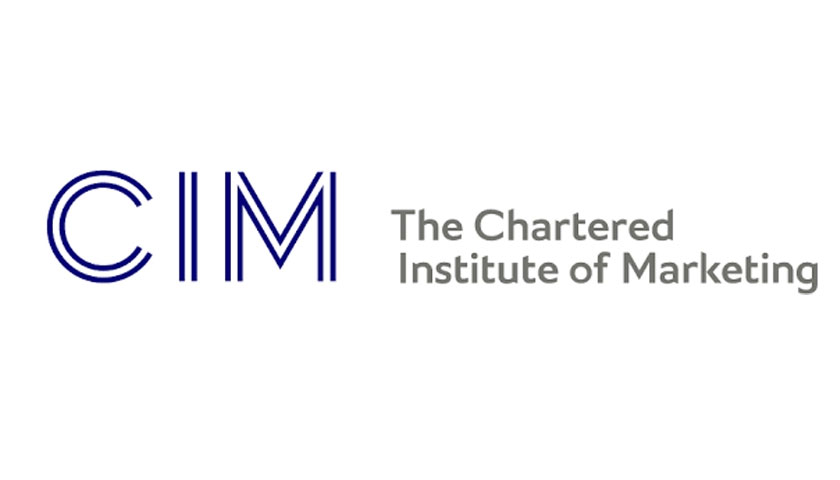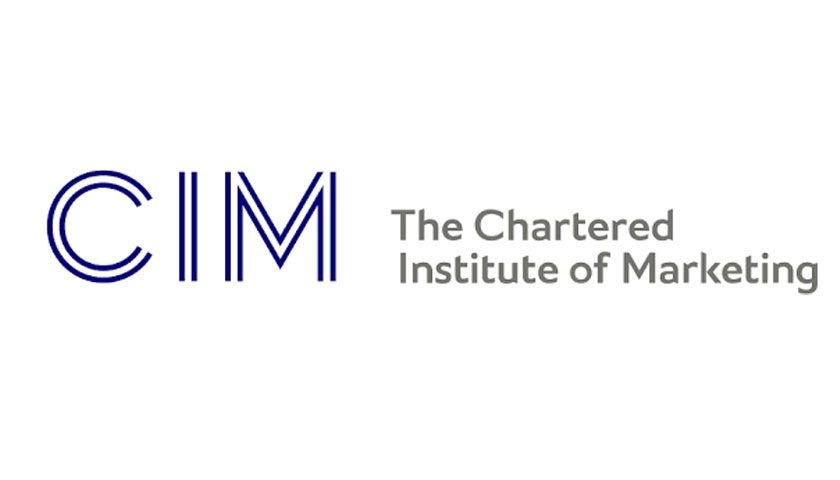New research from the Chartered Institute of Marketing (CIM) reveals that the UK’s top marketers are bullish on growth for their organisations as the country emerges from lockdown. Prospects for the coming year were rated as 81 out of 100, despite more than half (57%) having seen marketing budgets cut over the last year.
CIM’s latest report, ‘The CMO 50’, surveyed the most senior marketers across 50 of the UK’s largest corporates, charities and marketing agencies. It reveals that the vast majority of in-house marketing leaders (71%) believe that the COVID-19 pandemic has had a positive impact on the perception of their brand. More than twice the proportion (52%) believe that the marketing sector is stronger than five years ago. Only 20% believed it was weaker.
The resilience with which brands have weathered the uncertainty of Covid-19 is driving a desire to overcome regulatory uncertainty to smooth the path of recovery. Just 26% believe the current regulatory regime for alcohol, gambling, HFSS products and environmentally damaging goods is fit for purpose, and the majority would back rules equivalent to those for cigarettes to restrict the marketing of potentially harmful goods and services.
-
76% back marketing restrictions for products that damage the environment, keen to see limits similar to those for cigarettes.
-
72% back restrictions for gambling, 58% for products aimed at children, 54% for unhealthy HFSS foods and 34% for alcohol.
-
More than half (54%) of marketing leaders think there is currently too little regulation of social media, and just 44% feel it is not the responsibility of marketers to protect the users of their social media channels.
Chris Daly, chief executive of the Chartered Institute of Marketing said: “Marketing leaders calling for restrictions on marketing may seem counterintuitive, but it reflects a clear shift in our society towards purpose driven marketing. Marketers have been at the forefront of helping the nation adapt to the strictures of lockdown, and in doing so have built stronger relationships with consumers. That hard-won reputational boost has the potential to accelerate economic growth as we emerge from lockdown, and professional marketers are rightly wary of loose regulatory controls allowing a few bad apples to sour the trust of consumers.”
Marketers have a duty to address digital dangers
The acceleration of structural shifts in society’s use of technology is reflected in the views of marketers. 92% of those interviewed, believed that brands had a direct duty to pull advertising from social media platforms that failed to protect users. Just 44% felt that the protection of social media users lay outside the responsibility of marketers. In contrast, 86% agreed that professional marketers should encourage social media platforms to do more to protect users.
Hopes for marketing sector higher than for economy as a whole
Overall optimism for the economy was rated at just 62 out of 100, in comparison to 71 for the marketing sector generally and 81 for their own firm. There was little variation between levels of optimism and pessimism across inhouse and agency roles, despite 50% of agency leaders having seen revenues rise over the last 12 months, in contrast to just 24% seeing a rise in their inhouse budgets.
Marketing leaders identified four clear themes to their future plans to adapt to the needs of the post-Covid economy:
-
Adaptation to changes in technology and data;
-
Motivating, retaining and managing people;
-
Recruitment and development of the right skills;
-
Demonstrating the value of marketing investment vs. expenditure.
Separate research referenced in the report (from Hays in partnership with CIM) highlights that 82% of marketing professionals planned to upskill or undertake professional qualifications in 2021.
Chris Daly concludes: “To prosper, a professional marketer needs clear parameters within which to work. Give them the rules and a level playing field and marketers will adapt and deliver. Having accommodated the necessary changes of GDPR, the UK’s most senior marketers are right to be wary of the dangers that poorly policed social media platforms pose to the long-term growth of their brands and the wider economy. The UK marketing community has an opportunity to build back better by targeting spend and training on marketing channels and products that deliver greater value to our society.”

